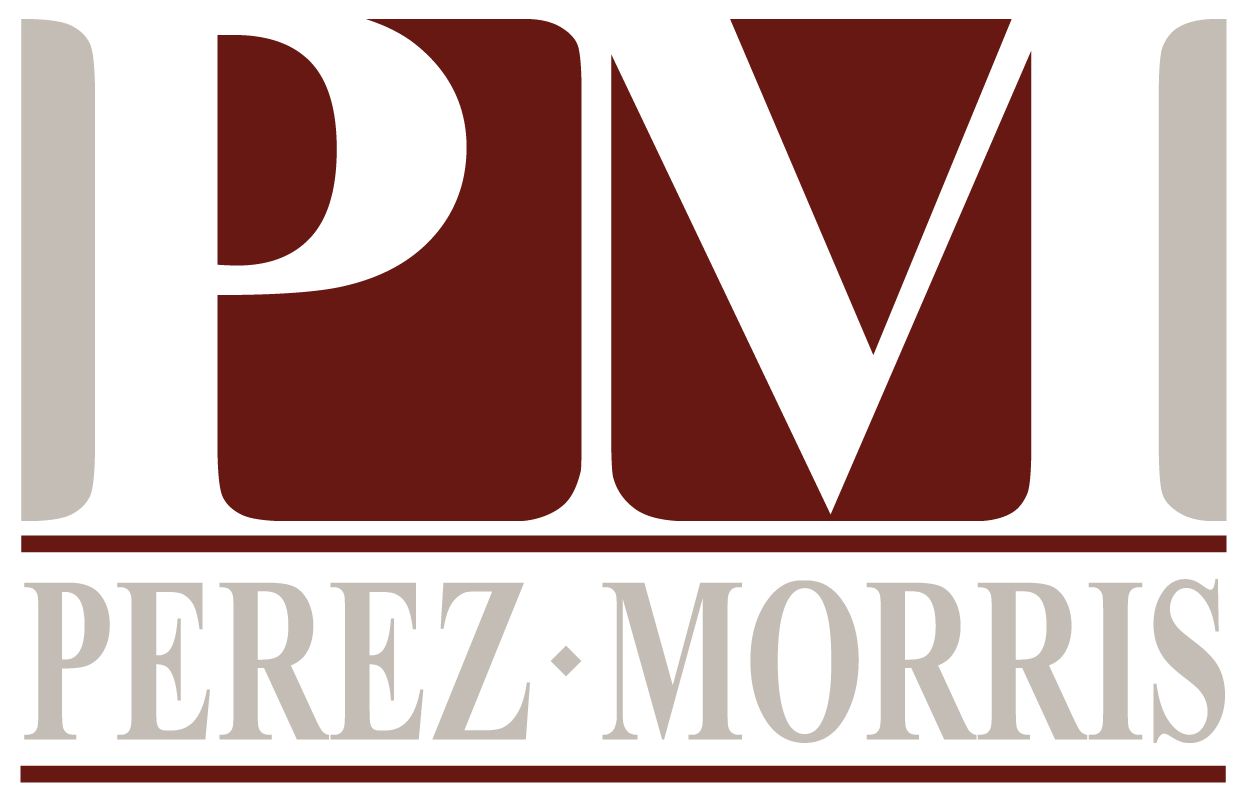
Columbus, OH
445 Hutchinson Ave.
Suite 600
Columbus, Ohio 43235
Phone: (855) 580-7530
Boston, MA
101 Arch St.
8th Floor
Boston, MA 02110
Phone: (855) 580-7530
Cleveland, OH
1300 East Ninth Street
Suite 1600
Cleveland, OH 44114
Phone: (855) 580-7530
Hartford, CT
100 Pearl Street
14th Floor Office 1459
Hartford, CT 06103
Phone: (855) 580-7530
Manhattan, NY
140 Broadway
46th Floor
New York, NY 10005
Phone: (855) 580-7530
Philadelphia, PA
1600 John F. Kennedy Blvd.
Suite 1050
Philadelphia, PA 19103
Phone: (855) 580-7530
Pittsburgh, PA
301 Grant St.
Suite 270
Pittsburgh, PA 15219
Phone: (855) 580-7530
Princeton, NJ
103 Carnegie Center
Suite 300
Princeton, NJ 08540
Phone: (855) 580-7530
Columbus, OH
445 Hutchinson Ave.
Suite 600
Columbus, Ohio 43235
Phone: (855) 580-7530
Boston, MA
101 Arch St.
8th Floor
Boston, MA 02110
Phone: (855) 580-7530
Cleveland, OH
1300 East Ninth Street
Suite 1600
Cleveland, OH 44114
Phone: (855) 580-7530
Hartford, CT
100 Pearl Street
14th Floor Office 1459
Hartford, CT 06103
Phone: (855) 580-7530
Manhattan, NY
140 Broadway
46th Floor
New York, NY 10005
Phone: (855) 580-7530
Philadelphia, PA
1600 John F. Kennedy Blvd.
Suite 1050
Philadelphia, PA 19103
Phone: (855) 580-7530
Pittsburgh, PA
301 Grant St.
Suite 270
Pittsburgh, PA 15219
Phone: (855) 580-7530
Princeton, NJ
103 Carnegie Center
Suite 300
Princeton, NJ 08540
Phone: (855) 580-7530
Columbus, OH
445 Hutchinson Ave.
Suite 600
Columbus, Ohio 43235
Phone: (855) 580-7530
Boston, MA
101 Arch St.
8th Floor
Boston, MA 02110
Phone: (855) 580-7530
Cleveland, OH
1300 East Ninth Street
Suite 1600
Cleveland, OH 44114
Phone: (855) 580-7530
Hartford, CT
100 Pearl Street
14th Floor Office 1459
Hartford, CT 06103
Phone: (855) 580-7530
Manhattan, NY
140 Broadway
46th Floor
New York, NY 10005
Phone: (855) 580-7530
Philadelphia, PA
1600 John F. Kennedy Blvd.
Suite 1050
Philadelphia, PA 19103
Phone: (855) 580-7530
Pittsburgh, PA
301 Grant St.
Suite 270
Pittsburgh, PA 15219
Phone: (855) 580-7530
Princeton, NJ
103 Carnegie Center
Suite 300
Princeton, NJ 08540
Phone: (855) 580-7530
©2024 Perez Morris | All rights reserved
Blog | Terms | Privacy Policy | Site Map



